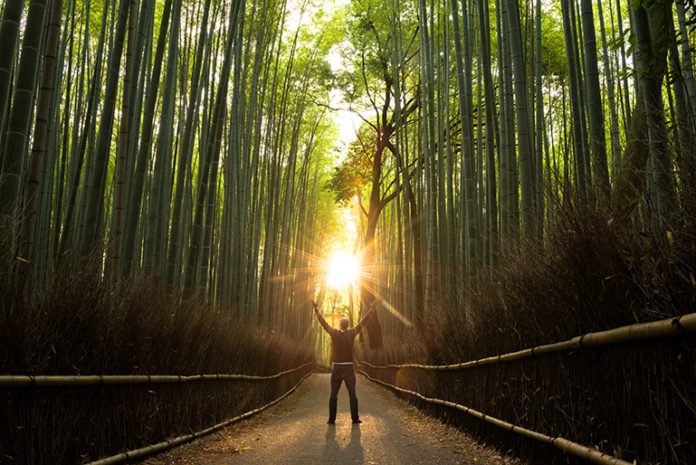No doubts, most joy figures of speech are related to nature. Cheerful as a pig in grime, glad as a mollusk, upbeat camper. Even now, a scientist from UBC confirmed that spending time outdoors is a direct line to happiness.
Holli-Anne Passmore, a Ph.D. psychology student at UBC said, “This isn’t about spending time outdoors or going for long walks in the wilderness. This is about the tree at a bus stop in the middle of a city and the positive effect that one tree can have on people.”
Scientists examined the connection between taking a moment to look at something from the natural environment and personal well-being. In a two-week intervention, participants were asked to document how nature they encountered in their daily routine made them feel.
In addition, they were asked to capture a photo of the item that caught their attention and jotted down a short note about their feelings in response to it. Some of the participants tracked their reactions to human-made objects.
Passmore emotional responses to nearby nature had on personal well-being. And their prosocial orientation—a willingness to share resources and the value they placed on community.”
People who live in greenspaces tend to live long and happy as well. This study is one of a series by a research team in UBC Okanagan’s psychology department known as the “Happy Team” which is providing evidence that nature can increase happiness.
Passmore said, “The difference in participants’ well-being—their happiness, sense of elevation, and their level of connectedness to other people, not just nature—was significantly higher than participants in the group noticing how human-built objects made them feel and the control group.”
